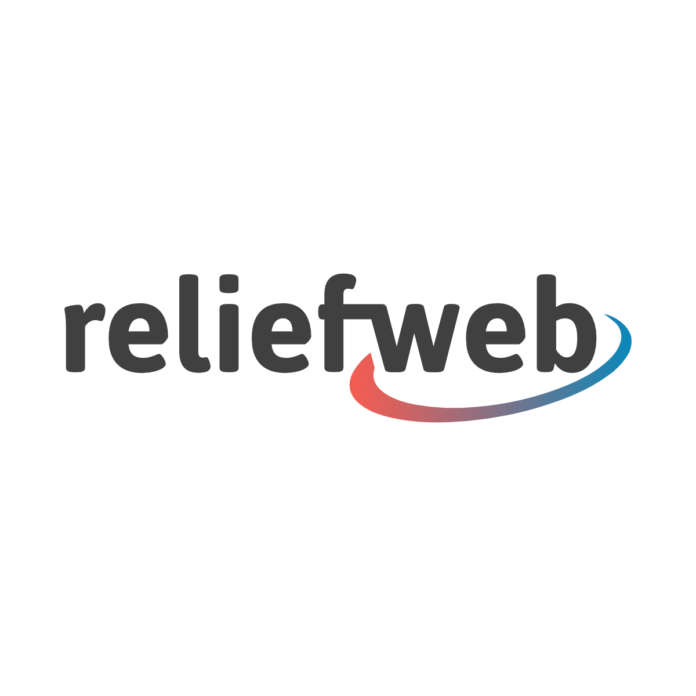
Despite decades of advances in prevention and treatment, stigma and discrimination towards people living with HIV and key populations are a persistent barrier to addressing the epidemic. To encourage innovative approaches to address HIV-related stigma and discrimination in the region, UNAIDS has launched a new tool: the HIV-Related Stigma and Discrimination Community of Practice: Asia and Pacific Region.
HIV-related stigma and discrimination significantly impacts the health, lives and well-being of people living with or at risk of HIV, especially key populations. The Global AIDS Strategy 2021-2026 has prioritized the realization of human rights and elimination of stigma and discrimination by including new global targets that UN Member States have committed to as part of the 2021 Political Declaration. Yet, people living with HIV and key populations continue to face unfair treatment, rejection, abuse and even violence in various settings, including in their communities, healthcare, workplace, justice and education systems.
In Asia and the Pacific, which is the world’s most populous region, there were 6 million people living with HIV in 2021 and 86% of people living with HIV knew their status. Furthermore, amongst young people almost all new HIV infections are among key populations (gay men and other men who have sex with men, transgender people, sex workers, people who use drugs) and their sex partners who face many barriers in accessing HIV prevention and treatment services.
The online community of practice platform will capture and disseminate knowledge, experiences and innovative ideas and approaches to inform programming to reduce stigma and discrimination across the region.
“Relevant stakeholders working in the HIV response in Asia and the Pacific region are welcome to join the interactive platform and engage on the issues,” said Taoufik Bakkali, UNAIDS Regional Director for Asia and the Pacific. “Academics and researchers, communities of people living with or affected by HIV and of key populations, representatives of government ministries and other relevant government agencies, and civil society groups working on the HIV response are all encouraged to join and shape the conversation.”
The initiative is expected to foster south-south stakeholder dialogue and collaboration on interdisciplinary initiatives on programme design and implementation, the development and knowledge management of HIV-related stigma and discrimination and the creation of opportunities for peer learning and exchange of good practices and lessons learned.
“This platform provides an opportunity for all stakeholders to engage and shape responses to HIV-related stigma and discrimination while engaging communities in the process,” noted Harry Prabowo, the APN+ Program Manager. “This is an opportunity to link the science and evidence to innovative programming.”








